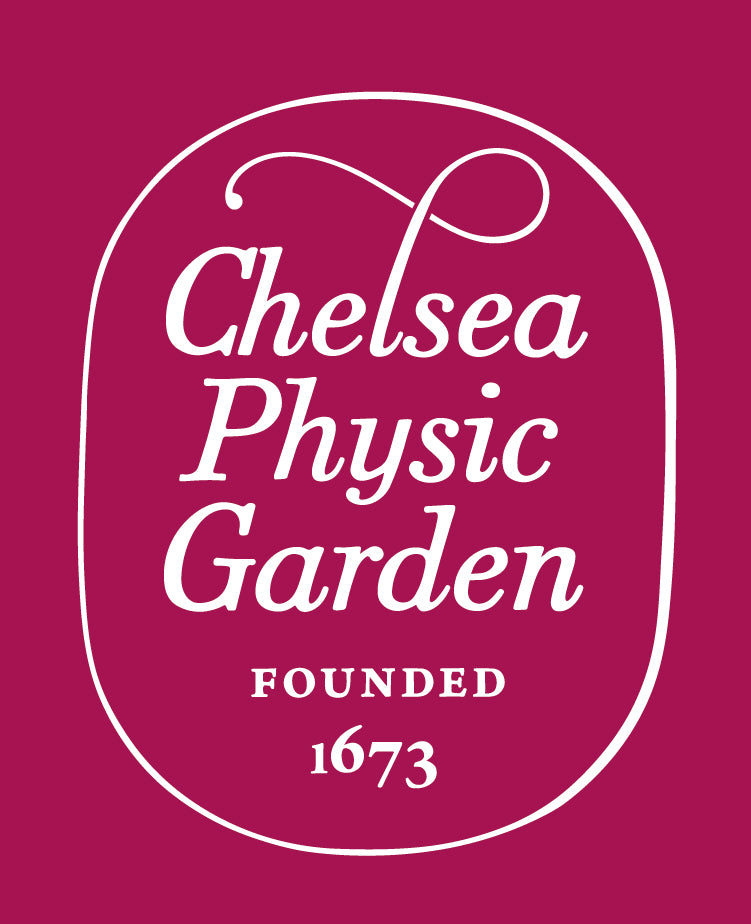
Aconitum napellus - Monkshood
£25.00
/
Size information
Aconitum napellus - Monkshood by Jill Mayhew
Aconitum napellus, commonly known as Monkshood or Wolfsbane, is a striking but highly toxic perennial plant native to Europe. Despite its toxicity, it was historically used in very small doses as a pain reliever and sedative. In traditional medicine, it was sometimes applied externally for joint pain and neuralgia. In folklore, Aconitum napellus has long been associated with both magic and danger. Its alternative name, Wolfsbane, comes from its historical use as a poison for hunting wolves. In European legends, it was often linked to witches, sorcery, and protection against werewolves.
Chelsea Physic Garden has been a centre of medicinal plant knowledge for over 350 years. Established in 1673 by the Worshipful Society of Apothecaries of London, it is one of the oldest botanic gardens in Britain. Its living collection includes species from across the globe, many with histories deeply rooted in medicinal and cultural practice. Today, the Garden continues to inspire learning, offering a space for people to connect with nature and explore the essential role plants play in our health, culture, and survival.
Chelsea Physic Garden has been a centre of medicinal plant knowledge for over 350 years. Established in 1673 by the Worshipful Society of Apothecaries of London, it is one of the oldest botanic gardens in Britain. Its living collection includes species from across the globe, many with histories deeply rooted in medicinal and cultural practice. Today, the Garden continues to inspire learning, offering a space for people to connect with nature and explore the essential role plants play in our health, culture, and survival.















